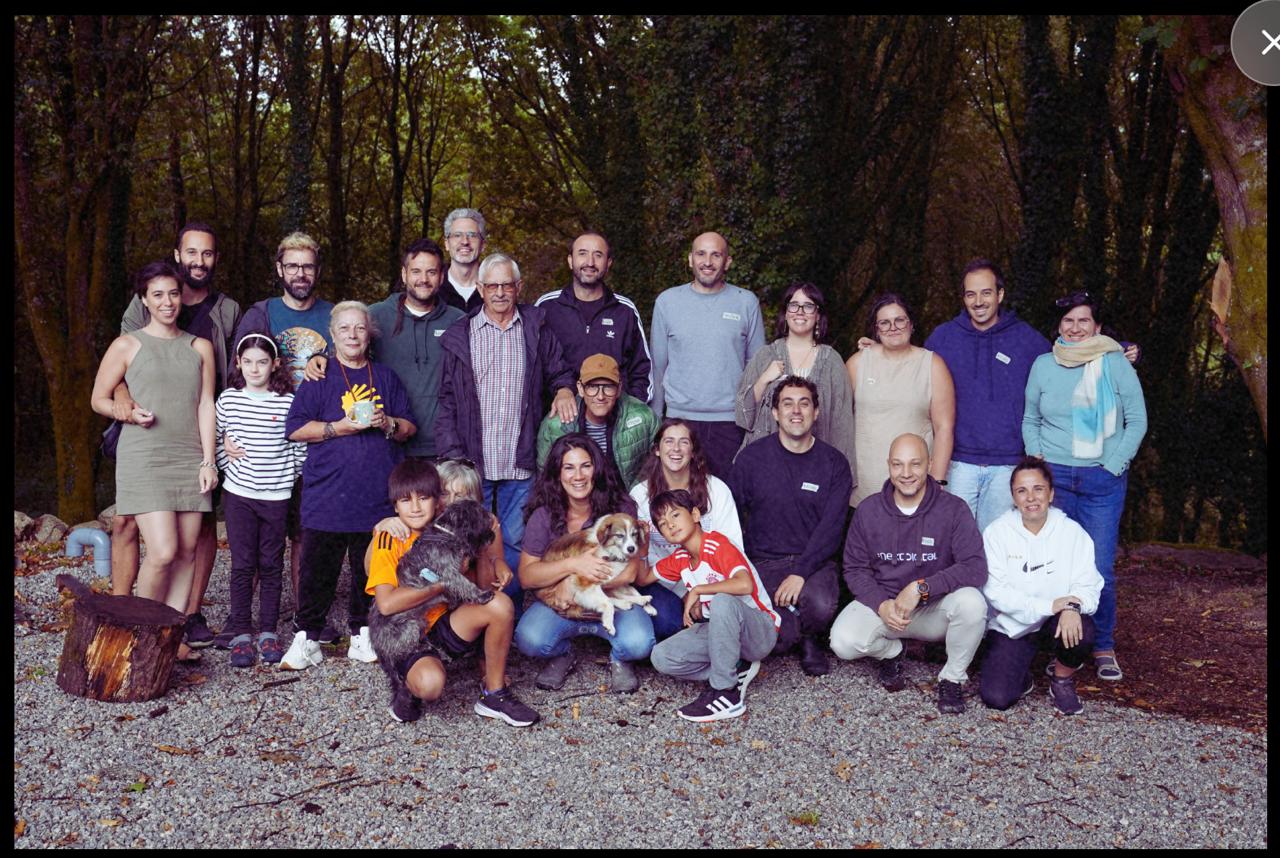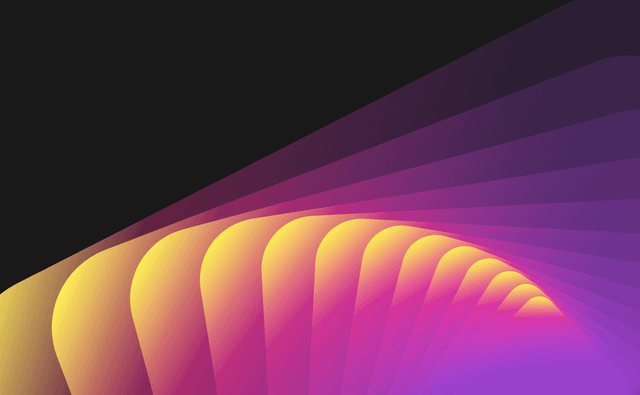A few weeks ago I had the opportunity to participate as Tech Lead in Hacker DaysOpen in a new tab, an initiative by Rural HackersOpen in a new tab, an organization that promotes technology and art from rural areas.
It was one of those experiences that not only makes you write code, but also makes you reflect on how technology can serve communities, the commons, and the public good.
During the week-long initiative, more than 20 people came together to create Punto de AguaOpen in a new tab: a free and open source tool designed to facilitate water management in villages, always ensuring that it remains a public good. The project is open sourceOpen in a new tab, because we believe that something as essential as water should not be subject to private interests, but should be available for anyone to use, improve or adapt to their community.
#The place and the people
The stay took place at Anceu ColivingOpen in a new tab, a space surrounded by Galician nature, where in addition to having accommodation and meals included, we gave ourselves time for conversations, activities and that community energy that makes projects flourish. Galicia has something special: "aquí hai sitio para todos" (here there's room for everyone), they say, and that hospitality was noticeable in every detail.
I met people from Next DigitalOpen in a new tab, and had the joy of reuniting with former colleagues from AutentiaOpen in a new tab, such as Jesús AnguloOpen in a new tab and Pablo VallésOpen in a new tab. Between lines of code, nature and interesting conversations, I rediscovered how valuable it is to work surrounded by people with talent, commitment and good work.
#The stack and architecture
From the beginning we wanted the project to be built on solid and modern foundations. The main difficulty was finding a balance between a solid base that would allow us to work as a team while developing the application and managing to develop a complex product in one week. The stack we chose was the following:
- TypeScriptOpen in a new tab for robust typing
- ReactOpen in a new tab and Next.jsOpen in a new tab for the interface and user experience
- PrismaOpen in a new tab as ORM to manage data efficiently
- ElysiaOpen in a new tab and BunOpen in a new tab to create REST services
- BiomeOpen in a new tab to keep code clean and consistent
“”We had one week to build a complete product
The architecture followed the hexagonal approach with Domain-Driven Design (DDD), dividing the project into clear layers: Domain, Application, Infrastructure and Delivery. This allowed us to separate responsibilities, keep the system extensible and think long-term, even in a hackathon.
The goal was not just to have something that worked quickly, but to build a foundation that can grow over time and adapt to the real needs of villages. Furthermore, we believe that with a good solid foundation we could attract contributors and people who wanted to give continuity to the project.
#The impact
Beyond the technical part, the most exciting thing was seeing how the idea connected with people. The project had an echo in local and national media, with headlines like this one in El Español: "Dos gallegas veteranas inspiran una 'app' revolucionaria para la Galicia rural: el consumo de agua ya no se registrará a mano"Open in a new tab.
That visibility is not only recognition of the team's work, but also a signal that there is real interest in tools that return autonomy and care to rural communities.
Additionally, we appeared on Cadena SerOpen in a new tab, Galicia PressOpen in a new tab, Código CeroOpen in a new tab and VivacesOpen in a new tab among others.
#Gratitude
I want to thank Agustín JamardoOpen in a new tab for inviting me to this collaboration, Ignacio MárqueOpen in a new tab and África RodríguezOpen in a new tab for creating together with Agus such an exciting and important initiative. Their vision and confidence made it possible for this project to get off the ground. And thanks also to all the people who shared those days in Anceu, because between laughter, ideas and complicity an energy was generated that is difficult to explain in words.
#What I take away
From Galicia I always take away two things: the rain and the people. The first reminds you that nature rules, and the second that human warmth is what really makes a project meaningful.
In this case, water was the connecting thread, but what really flowed was the desire to create something common, useful and free.
Grazas de corazón.


